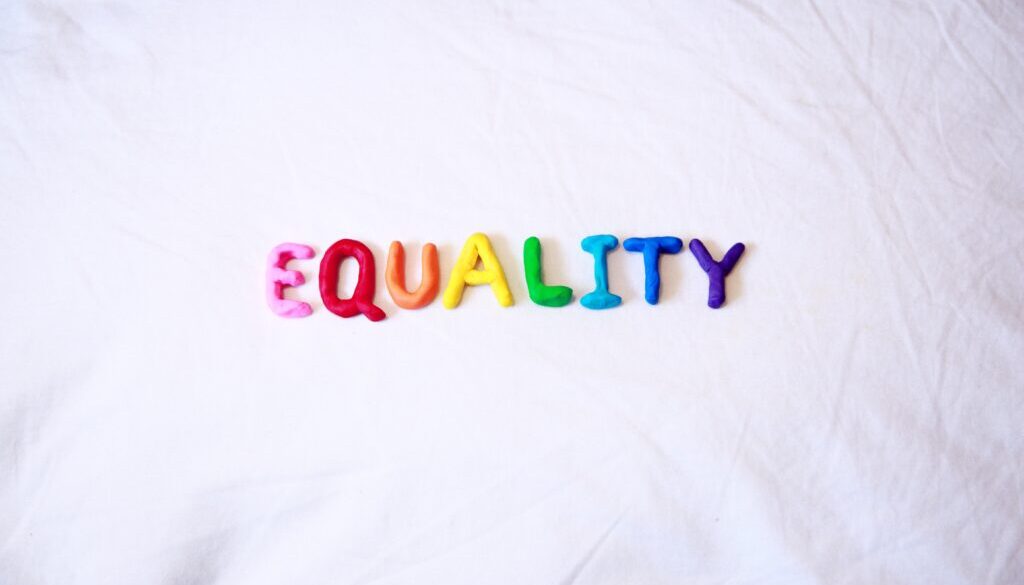UK falls down the rankings in Women in Work Index | Consensus HR | Herts, Beds

The UK has slipped four places — from 13th to 17th, the largest annual fall in rankings experienced by any Organisation for Economic Co-operation and Development (OECD) country this year — in the annual Women in Work Index compiled by PricewaterhouseCoopers (PwC).
The Index, which assesses progress made towards achieving gender equality at work across 33 OECD countries, also finds that the UK’s gender pay gap has widened by 0.2%, making it higher than the OECD average and more than half of the other 32 countries assessed on the Index.
It can be found on the PwC website.
Luxembourg, Iceland and Slovenia are currently the best performing with Scotland being the UK’s top performing region, jumping from third place to first.
PwC UK Economist, Tara Shrestha Carney, said: “While a fall in rank is never good news, it’s important to note that the UK’s declining position on the Index is not necessarily because the UK is doing worse, but because other countries are doing things better and faster when it comes to achieving gender equality at work.”
Clearly, though, she went on, progress is too slow. Over the last decade, the UK has consistently lagged behind the OECD in this area and, at the current rate of progress, it will take nearly half a century to close the UK gender pay gap.
The report finds that, even after accounting for a range of pay-determining factors, the pay disparity between women and men in the UK still persists with women earning almost a tenth less than men on average.
This “gender pay penalty” worsens with age, with women between the ages of 46 and 65 experiencing more than twice the gender pay penalty than that of women between 16 and 30 years. Indeed, while a woman entering the workforce faces a pay penalty of around 5.2% on average, this widens to nearly 13% as her career unfolds.
The report highlights the “motherhood penalty”, with women taking on an unequal share of childcare responsibilities, as a key driver.
This is compounded by men often having more time available to perform so-called “greedy jobs”, which demand unpredictable and longer hours and tend to be more highly paid.
Our HR Comment: – UK falls down the rankings in Women in Work Index | Consensus HR | Herts, Beds
Matthew Chilcott, FCIPD, ACEL Owner of Consensus HR comments: “This article is very interesting in relation to our rating slipping four places to 17 and highlights the need for businesses to ensure that they are acting fully on their equality policy as well as working to best practice in all areas of HR such as Recruitment.
Here are a few of our previous blogs written on the subject which can be read by clicking on the heading:
- Government amends Equality Act to ensure rights continue | Consensus HR – Herts, Beds
- Income inequality narrows as minimum wage rises | Consensus HR | Herts, Beds
- Two in five think equality drive discriminates against men
- Ayche v The Hop Box Ltd – Disability discrimination: Reasonable adjustment | Consensus HR – Herts, Beds
- Menopause symptoms can be considered a disability
- £309,867.86 – Borg-Neal v Lloyds Banking Group – Unfair dismissal: Band of reasonable responses | Consensus HR – Herts, Beds

To view more about our range of HR & Employment Law Services
Are you concerned about Equality within your business?
Your Outsourced Human Resources (HR) Department.
For further information on any of the HR subjects we provide, please click the heading below:





